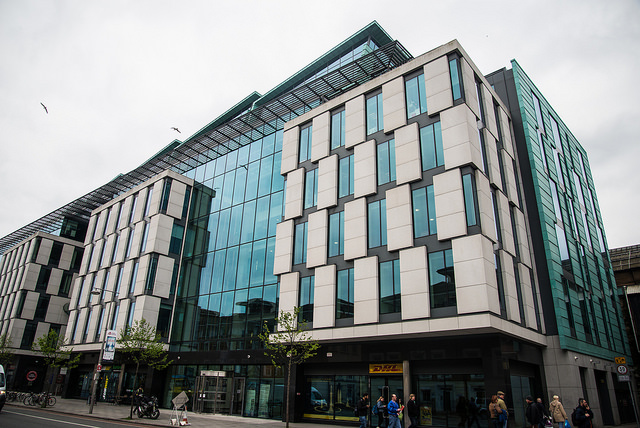If I were to ask someone to list the qualities that they believe are central to being a good doctor, I imagine that they would most likely focus, in some form or another, on those relating to intelligence, dedication and personality. Naturally, you would therefore assume that the application procedures for medical courses nationally would assess candidates for such characteristics, in order to find the most suitable candidates in what is a vast pool of high achievers and model students.
However, the current structure of Irish medical applications uses metrics that only assess students as a “number”, measured by their performance in the Leaving Certificate and Health Professions Admission Test (HPAT). While this system represents an acceptable method of evaluating candidates, it fails to take into account the more nuanced qualities that doctors require, and therefore creates grounds for a valid argument in favour of reforming the existing process.
Before progressing further, it is important to note that in writing this I by no means seek to discredit those currently in medicine. Most, if not all, will go on to be successful doctors and have meaningful careers, and fully deserve to be in the course that they find themselves in. Additionally, the current system does have its advantages, namely the holistic approach it takes to the application process, and the rigorous screening, by both the Leaving Certificate and HPAT, of applicants’ academic excellence and persistence.
The current structure of Irish medical applications uses metrics that only assess students as a number
However, it is hard to ignore what the current system lacks. When compared to the vast majority of medical access routes in other countries, the notable thing missing from Ireland’s approach is interviews of selected candidates. The majority of UK universities, as well as a significant number of medical colleges globally, use interviews as a form of second-round assessment. Candidates who meet the cut-off criteria set by the university – which often revolve around academic and aptitude test scores – are then invited for an interview. Those that score best in the interview are then made offers.
Despite being time-consuming, and often draining for the admissions staff, the value of such a method must not be overlooked. Specifically, it allows universities to assess candidates for more personal elements, such as communication skills, motivation and general manner. In most instances these traits are vital traits for students hoping to successfully progress through the clinical sections of a medical degree, and become particularly important as they advance further down the road in a healthcare career.
The majority of UK universities, as well as a significant number of medical colleges globally, use interviews as a form of second-round assessment
Furthermore, by making interviews the final metaphorical hurdle, these institutions allow candidates in the same academic bracket to show they possess skills and desirable attributes that are otherwise intangible, and place an equal or greater value on such attributes compared to purely academic ones.
When a system as clear-cut and logical as the one just explained exists, it seems bizarre that Irish universities don’t seem pushed to adapt or adopt it. Funding, it’s hardly a stretch to suggest, is the root of the issue. Given the current economic climate that the higher education industry finds itself in – specifically the failure of the government to provide third-level institutions with anything resembling appropriate levels of funding – it’s possible that schools of medicine around Ireland are unable to stretch their budgets to accommodate the costs of implementing such a system.
While this is certainly a fair point, it still seems fair that universities should prioritise this form of assessment more than they are, given that the selection process is solely responsible for determining who enters into a college’s medical course. Colleges everywhere want the best students to represent them, and it would therefore appear that having a comprehensive application system is the best method of finding these individuals.
When a system as clear-cut and logical as this exists, it seems bizarre that Irish universities don’t seem pushed to adapt or adopt it
Further, it’s also not as if the infrastructure for conducting interviews doesn’t exist. Colleges already interview mature students applying to a variety of courses – including medicine – and Trinity itself interviews applicants for its drama and theatre and music courses. Even if a system similar to the one used currently in the UK is not preferred, adopting a process similar to those just listed would still represent a vast improvement in how Irish universities assess the non-academic values that are imperative in being a successful doctor.
Overall, introducing a structure that includes an interview in the evaluation of candidates appears to only offer improvements to the current model. The benefits of allowing applicants to demonstrate that they have qualities a university is looking for would be twofold, adding an extra layer to filter through the number of outstanding students as well as allowing Irish universities to demonstrate that they think of students as more than just numbers that tick a box. The message that sends to candidates, and the medical field as a whole, makes the investment undoubtedly worthwhile.







